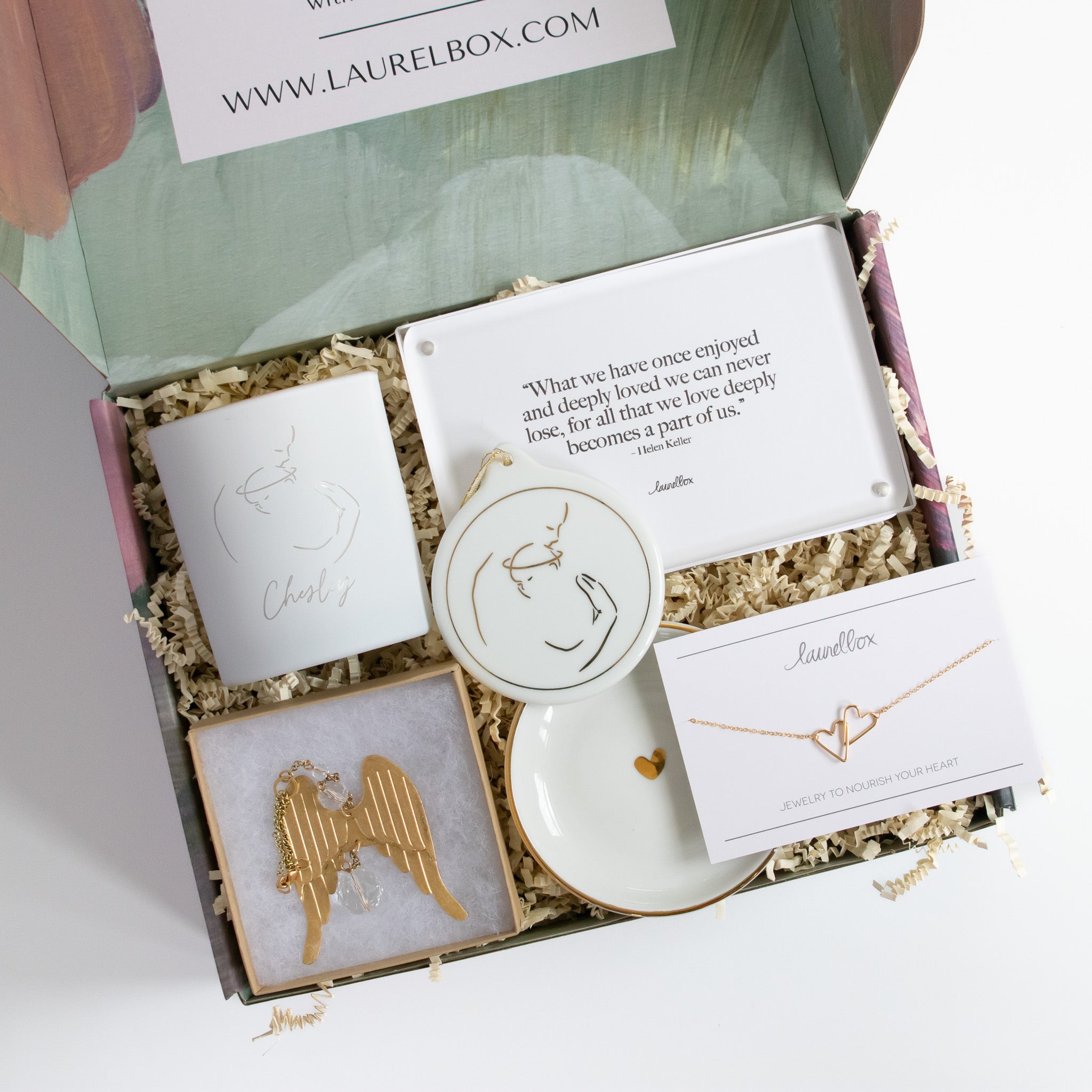Thoughts on Anger and Grief
“Anger is often grief that has been silent for too long.” – Nayyirah Waheed
If you are feeling angry after your loss, listen close my friend... you are not alone. We do not talk about this reality nearly enough, but feeling and expressing anger is a very real part of the grieving process. Bringing awareness to the anger you are feeling in the midst of your loss can help you understand yourself better and ground you when the angry feelings rise up.
Although it pains me to admit it, I am someone who has spent a lot of time angry. I can be the fun and cheerful life of the party, but when I get angry, watch out. So as someone who has been there, done that, here is the most important thing I have to say – anger always has a story to tell.
As my grandma used to say, “pay attention to your anger because it is not a root emotion.” Anger is almost never about the thing that sets you off. It’s about feeling used, or being broken, stinging from loss, or coping with the pain of loss and suffering.
Anger is a very real part of grief. Oftentimes, angry people can feel super confused about the reasons for their anger. But, anger is actually a very natural part of processing the pain of losing someone or something. It is really hard (and maybe even impossible) to walk through grief without feeling anger over what you have lost. The reality is, oftentimes angry feelings demand the driver’s seat of our emotions. It is so easy to swing to either of two extremes. People tend to either stuff their feelings or give them free reign.
This was really important for me – your anger is not something you need to be ashamed of. You are allowed to feel angry. Things happen in life that you should feel angry about. It is ok. For a long time I had a pattern of expressing my anger in huge emotional outbursts and then sitting in a hot puddle of shame for days afterwards. It really sucked, and it was an emotional pattern that never brought me true relief.
It has been a hard journey for me, but I have slowly learned to lean towards my anger, and learn what it has to tell me. It takes time, intention, and reframing your emotional patterns, but bringing mindfulness to your anger is so important.
Now, when I feel angry, I sit with it and try to understand the roots of my anger. First, I give myself permission to feel angry and remind myself not to feel ashamed of my feelings. Next, I make a mental note (you could even write it down) of the events that led me to my anger. Then, I look for patterns that may be similar or different than the last few times I experienced extreme anger. And finally, I give myself space to pattern my anger out differently.
Although I still have moments of extreme anger, I work to put words to my anger instead of waiting until it bubbles out in weird ways. I say “I am so angry,” before I begin any talk about my anger. Pro tip – it can be surprisingly relieving just to say out loud that you are angry instead of going straight to the rage session! Instead of huffing and spewing my feelings. I slow down. I apologize. I give myself grace. I search out the root cause. It is not a perfect system, but it helps!
Most of all, remind yourself that when you are in the middle of it, it can be hard to parse it all out. But remind yourself that feeling anger after loss makes so much sense and it is ok to feel angry emotions. Cut yourself some slack, be brave enough to be honest with your anger, and find someone safe who can support you in it. You can do this.







